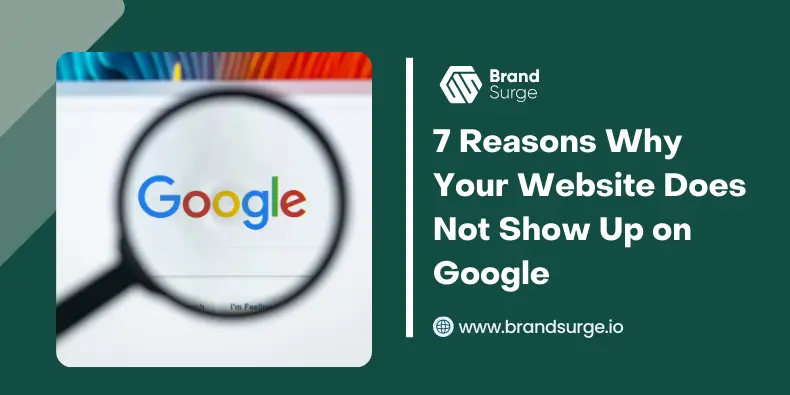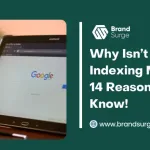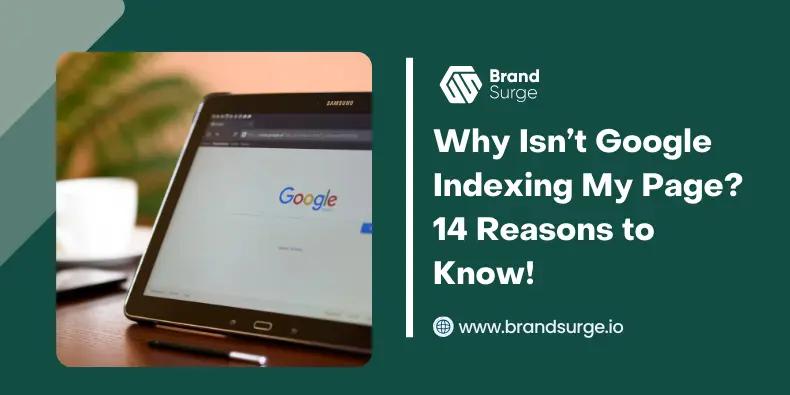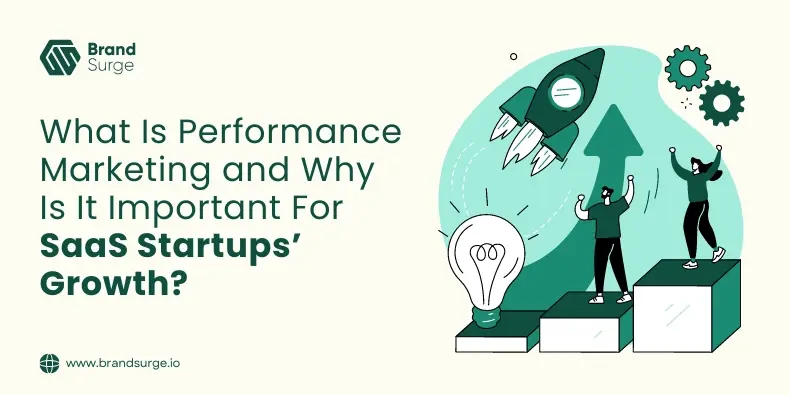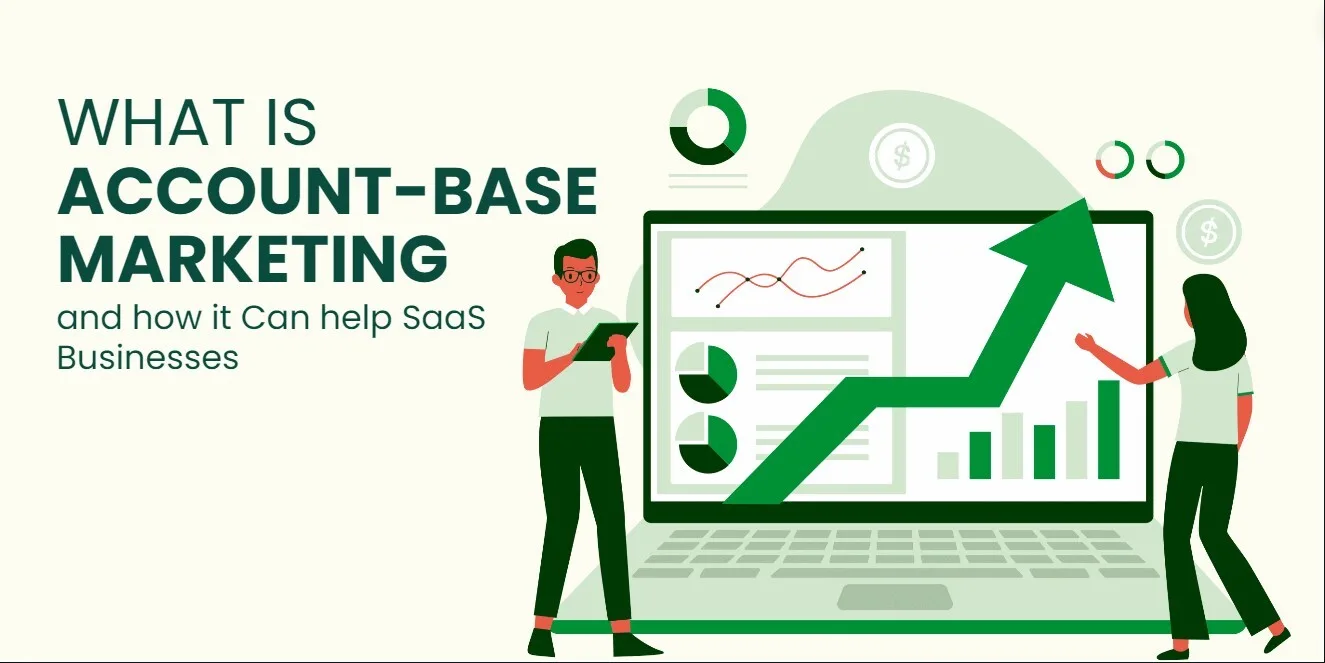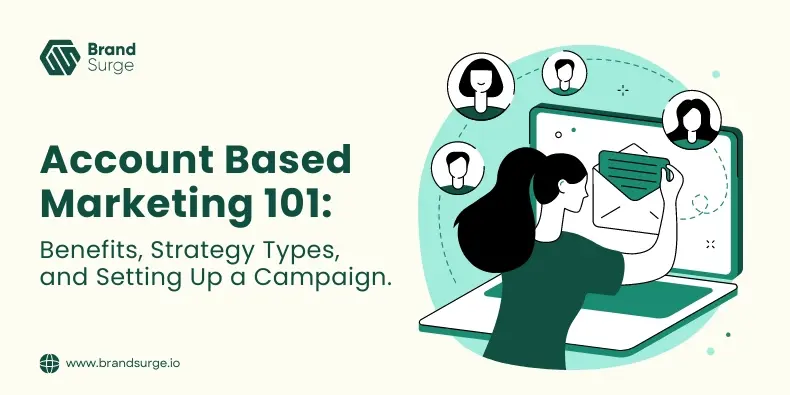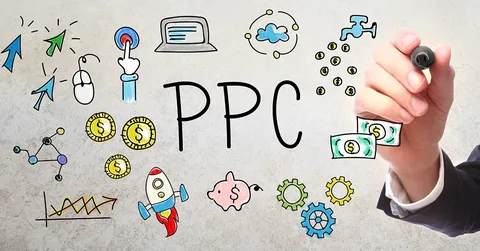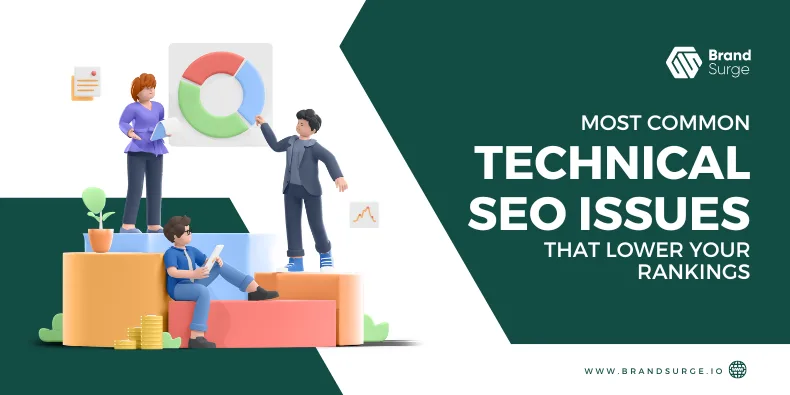Nowadays, competition is so stiff that all website owners try to maintain their technical SEO to increase their visibility and Google rankings. However, despite all the efforts, sometimes you see a visible decline, or your website is not even indexed on the Google search pages. This situation is alarming, pointing out something really wrong with your website.
A semantic tool, Google takes care of users’ intent more than the website owner. It can remove any content if you violate any regulations or if your content is of low quality. A web page that does not appear on Google could mean various things. Generally, they fall into the following categories:
Crawling and indexing issues: It is a fair possibility that Google has not yet indexed the page. This means it will not show in search results, no matter what keywords or links are used.
Ranking issues: The webpage may be indexed but not ranking well for its target keywords. Finding more specific search terms or brand keywords without using search operators will be challenging.
Quality issues: Sometimes, a web page may not appear on Google because it violates Google’s guidelines and has been deleted from search results. Other aspects include its general content quality and site speed.
If none of the above is the reason, investigating and finding the real reason behind your low or no ranking is necessary. Let us dive into it together and find the answer to this million-dollar question.
What Are The Technical SEO Reasons That Affect Your Google Ranking?
Countless Search engine visibility issues can cause your ranking to be invisible. Knowing them beforehand and taking timely action will help you prevent this problem and restore your ranking. There are seven most common reasons for this invisibility. Let us understand them one by one.
Your Page Has Not Been Indexed Yet
Google may not have crawled and indexed your web pages yet, preventing them from appearing in search results. Sub-standard website structure, duplicate content, slow page load times, and low-quality content can contribute to indexing problems. To avoid these Google indexing problems, try improving your website and posting quality content. This will help Google understand your website faster and help you get indexed or ranked instantly.
A Different Variant Of Your Page Is Ranking
Google might be ranking a different version of your page, such as a duplicate or a different language variant, instead of the one you intended. This often occurs due to duplicate content or improper localization of SEO. To prevent this issue, you should ensure that your content is not posted twice on any site page. Moreover, strengthen your local SEO so Google knows which of your pages need indexing.
URL Removal Tool Removed Your Page
If you or someone else used Google’s URL removal tool, your page might have been temporarily or permanently removed from search results. It is essential to use this tool cautiously to avoid unintended consequences. You can petition Google to reinstate the page on your website. Google will analyze the application and, after a careful review, bring the page back. If the page has violations or poor links, it is gone forever.
Your Page Is Not Ranking For Any Keywords
Your website may not be optimized for relevant keywords, making it difficult to appear in search engine results pages (SERPs). It has happened to many websites when they dont pay attention to thorough keyword research. Considering all SEO ranking factors, including keyword research, onsite optimization, and building a solid backlink profile, are necessary to improve rankings.
The SafeSearch filter blocks your page
Google has a filter that deletes adult or R-rated content on all websites to ensure community guidelines are intact. You can lose your visibility if your page has any content or running ads that fall into this category. Google’s SafeSearch filter may block your page if it is deemed adult-only content. You can run a technical SEO audit to benefit your business by checking and managing requests related to SafeSearch in the Google Search Console.
Your Website Was Hit With A Manual Action
Google may impose manual actions on websites that violate its policies and guidelines, exploit search algorithms, or contain spammy or harmful content. Resolving these actions requires complying with Google’s guidelines. To prevent all Google’s Website crawlability errors, you need to follow all the policies, craft a content strategy accordingly, and have a solid SEO approach so you won’t lose your ranking in any case scenario.
There is a bug on Google’s end
Occasionally, technical glitches or errors in Google’s search algorithms can cause a website to not appear in search results. This can happen for any reason, so you just have to wait until everything gets normal. Seeking assistance from Google’s support team or submitting your website for re-indexing can help resolve such issues.
These are the seven most common reasons behind low or no Google rankings. To avoid them all, you must have a sturdy website structure, high-quality content, and a robust technical SEO approach to sustain your website on all search engines. Remember, Google indexes only those pages that answer users’ queries. You need to keep updating your website and its contents to get long-lasting visibility.
If you are facing a ranking problem, contact Brand Surge and get a team of skilled agents to resolve this issue now. Our professional team knows all the regulations and secret tactics to make your visibility more shiny and noticeable. Partnering with us will help you get a prominent spot on the search pages with quality content and solid structure. To get a detailed consultation on how we can help you, visit our website now!
FAQs
Why is my website not appearing in Google Search?
Your website is not showing up for two reasons: technical SEO issues and low-quality content.
Why is my website not linking to Google?
Your website does not need to be linked to Google. Google will find it with its crawling feature and index similar pages.
Why is my website not ranked by Google?
Your website can be new or technically weak, or your content may not meet the standards set by the search engine.
